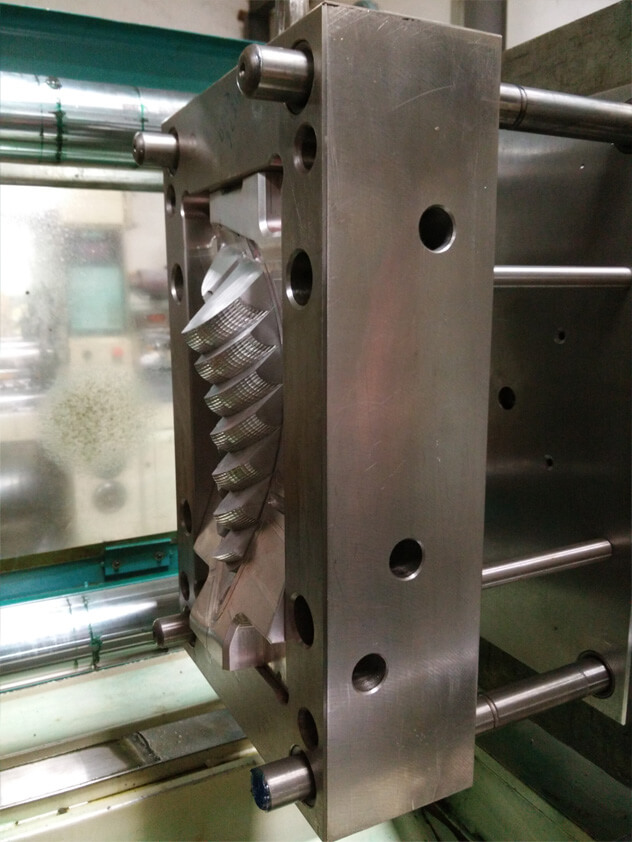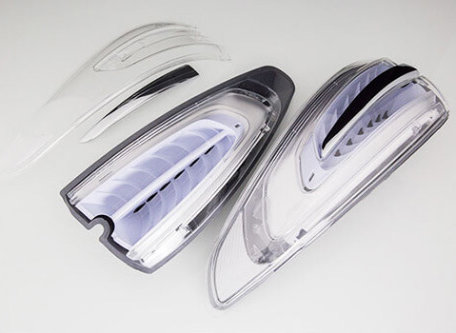Rapid Tooling: A Cost-Effective Solution for Mold Making

Are you looking for a cost-effective solution to produce molds and prototypes? Look no further than rapid tooling. In this article, I will introduce the concept of rapid tooling and its benefits, with a focus on its application in Angola.
The Advantages of Rapid Tooling over Traditional Methods
Rapid tooling utilizes advanced technologies such as HP rapid prototyping to create high-quality molds quickly and efficiently. By using ring-grade plastics that are resistant to abrasion and corrosion, rapid tooling offers durability without compromising on performance.
Compared to traditional methods like steel tooling, which is more expensive and time-consuming, aluminum-based rapid tooling provides a cost-effective alternative. With shorter turnaround times, businesses can meet tight deadlines while reducing production costs.
Rapid Tooling & Mold Making Projects in Angola

Let’s take an example of a customer in Angola who urgently needed 200-300 sets of tail lights for testing purposes. However, mass production tools would have taken eight months to be ready. This is where rapid tooling came into play.
In just two months, our team successfully fabricated prototype tools for over 30 components required for the tail light project. The housing, reflector, light guide, bezel, outer lens, and other crucial parts were manufactured using rapid prototyping techniques.
The Versatility of Rapid Tooling
Rapid tooling extends beyond automotive applications. It can be used across various industries such as aerospace engineering or consumer electronics manufacturing. Its versatility allows businesses to explore new design possibilities while maintaining efficiency in mold making processes.
Achieving Cost Savings with Rapid Tooling
By utilizing rapid tooling techniques, businesses can achieve significant cost savings compared to traditional mold making methods. The reduced production time and lower material costs contribute to overall project affordability without compromising on quality.
In Conclusion
Rapid tooling offers a cost-effective solution for mold making and prototype development. Its advantages over traditional methods make it an attractive option for businesses in Angola and beyond. By embracing rapid tooling technologies, companies can meet tight deadlines, reduce costs, and explore new design possibilities.

